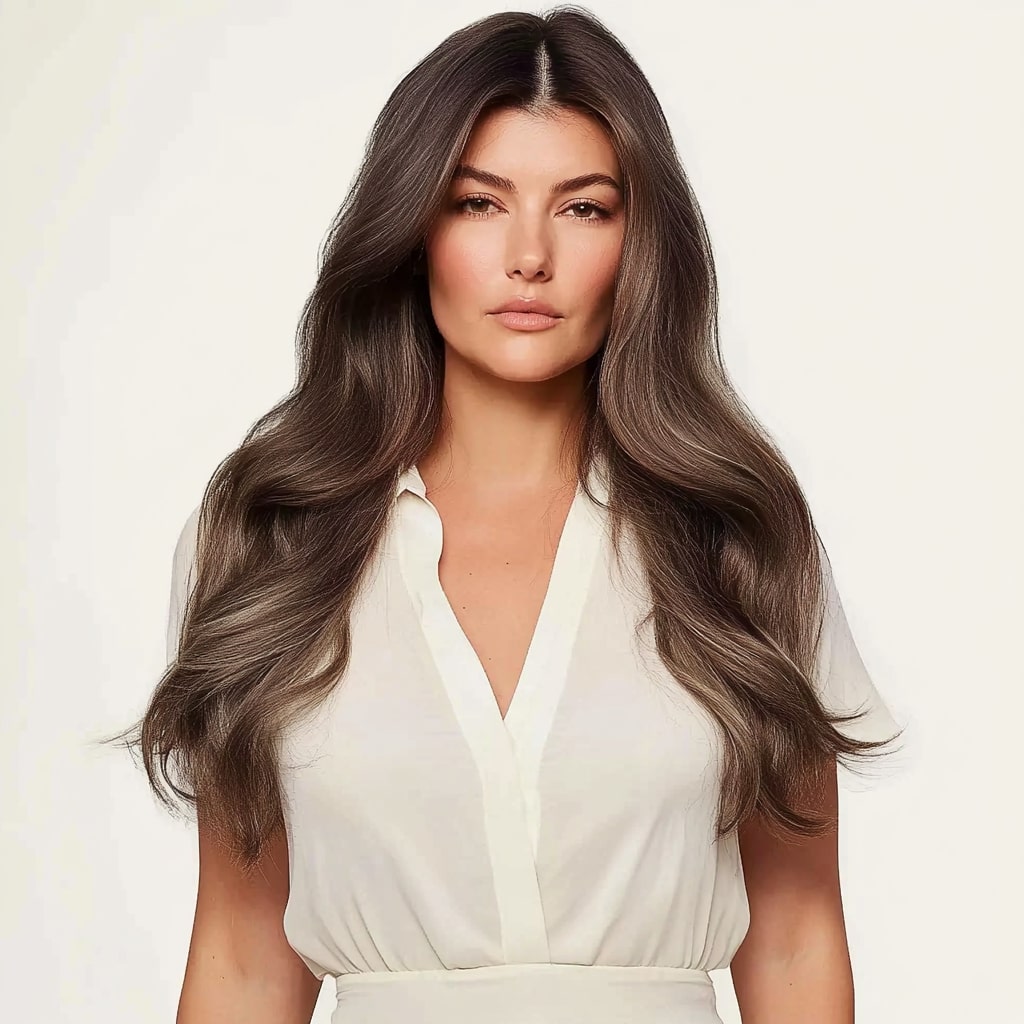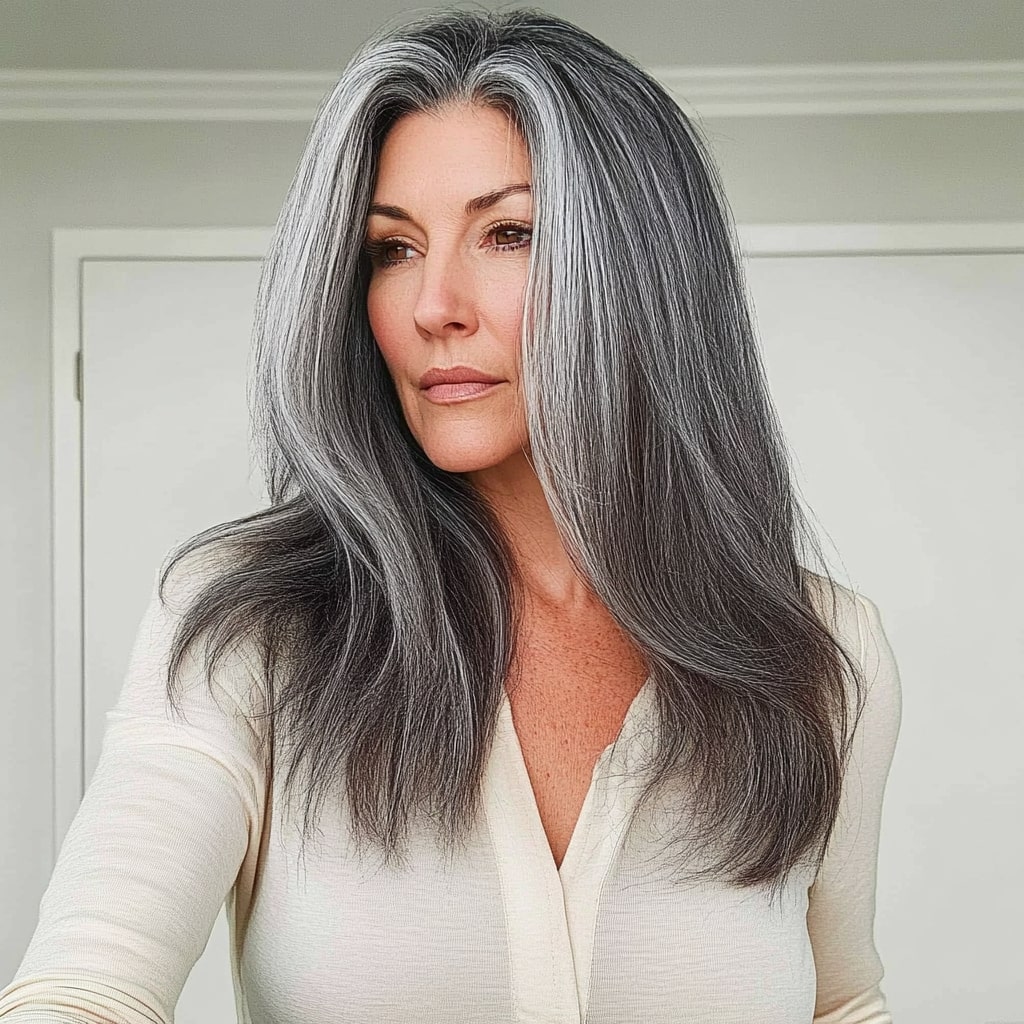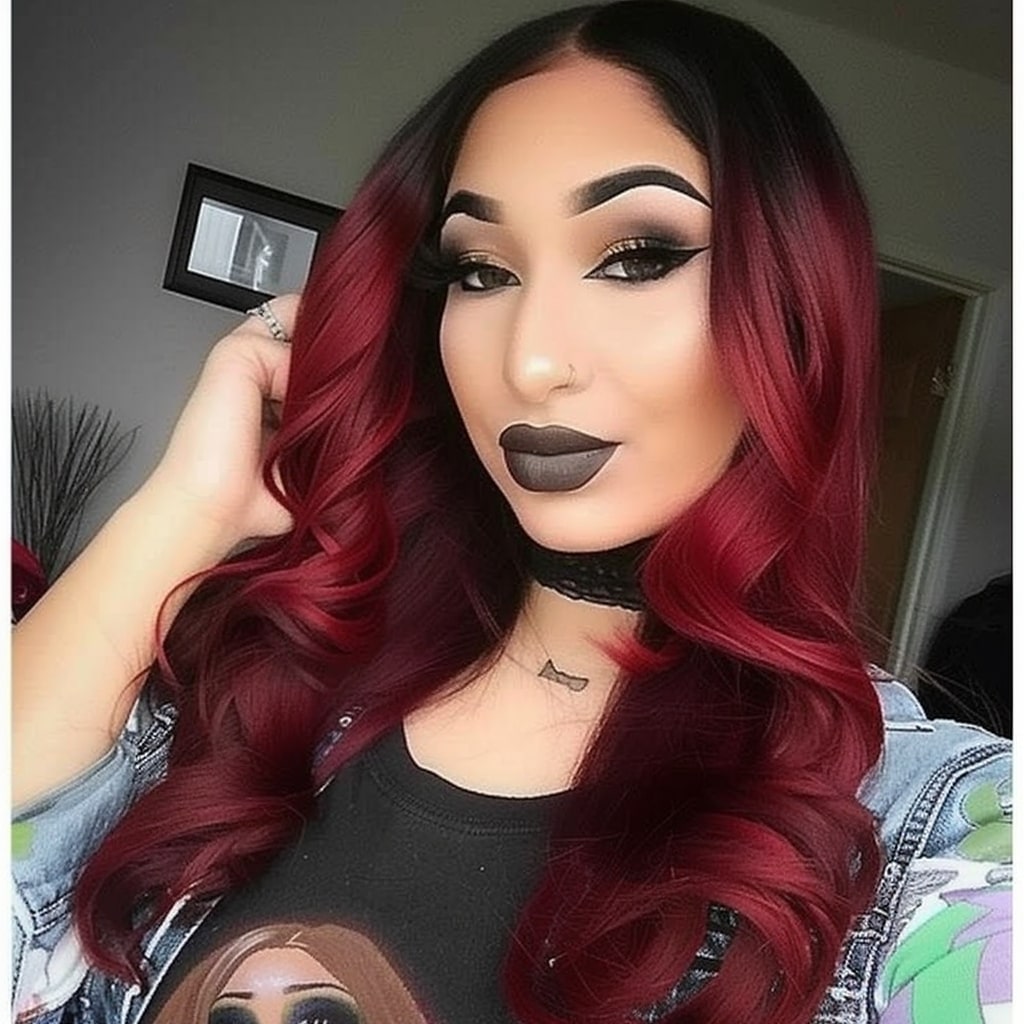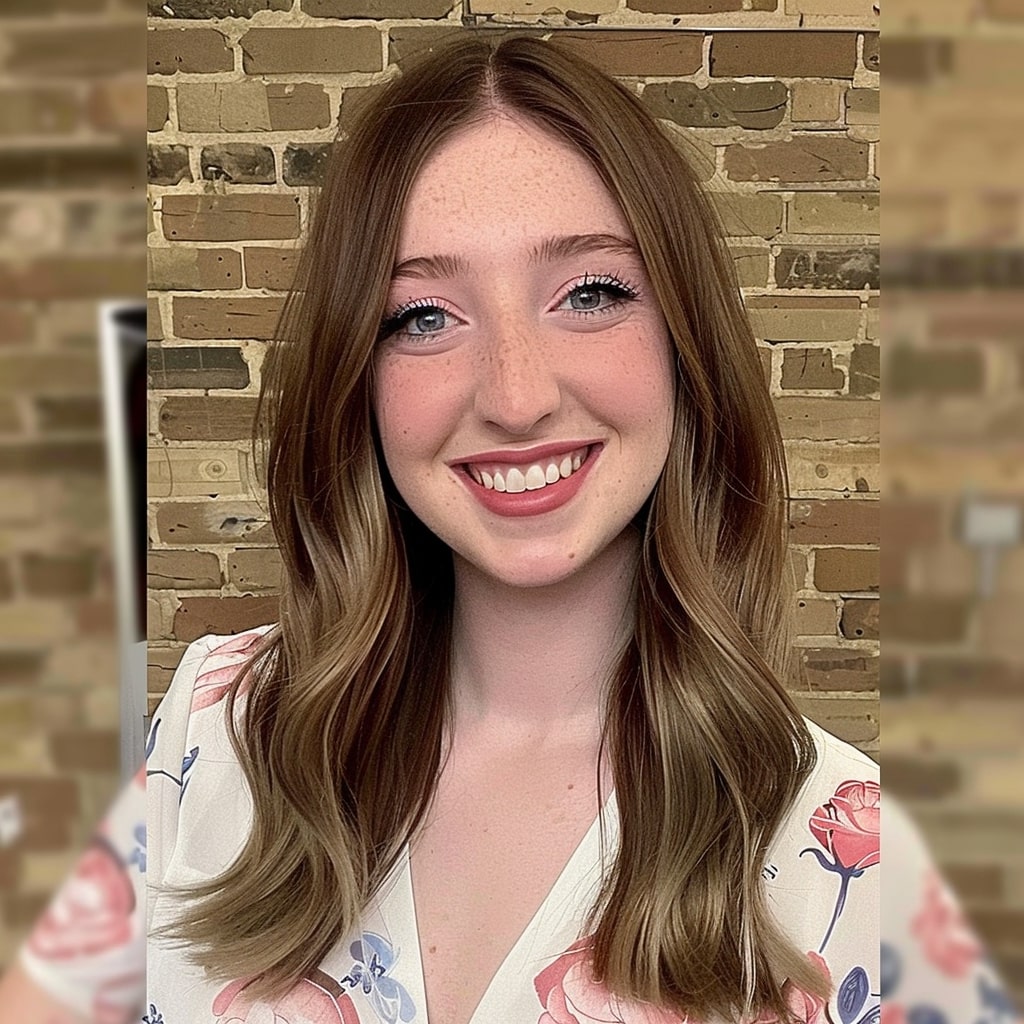Will your hair be thinner on Ozempic?
- Sam Conan
- Hair Extensions Blog
- Mar 29, 2025
- Reading time: 4 minutes

Ozempic® has become a buzzword lately—not just in the world of health, but also in beauty. While it’s primarily prescribed for type 2 diabetes and now widely used off-label for weight loss, more and more people are wondering: "Will my hair become thinner while taking Ozempic?"
At Canada Hair™, we believe hair health is deeply connected to overall well-being. If you're using Ozempic or considering it, here’s everything you need to know about how it may impact your hair, and what you can do to protect your strands.
1. What Is Ozempic and How Does It Work?
Ozempic (semaglutide) is a GLP-1 receptor agonist. In simple terms, it helps:
-
Lower blood sugar
-
Increase insulin production
-
Slow digestion
-
Reduce appetite
While it’s incredibly effective for managing diabetes and supporting weight loss, some people report unexpected side effects — including hair thinning or shedding.
2. Is Hair Loss a Direct Side Effect of Ozempic?
Not officially.
Hair loss is not listed as a primary side effect in Ozempic’s official documentation. However, many patients have reported hair shedding while on the medication, especially those using it for weight loss.
So, what’s going on?
The hair loss isn't caused by semaglutide itself — it’s usually a secondary effect related to other changes happening in your body.
3. Why You Might Lose Hair on Ozempic
A) Rapid Weight Loss
Fast or significant weight loss can trigger a condition called telogen effluvium — temporary hair shedding caused by stress on the body.
Your body prioritizes vital functions when under stress, and hair growth is not one of them. As a result:
-
More hair enters the “resting” phase
-
2–3 months later, you notice increased shedding
This kind of hair loss is usually temporary and reversible.
B) Nutrient Deficiencies
If your reduced appetite causes you to eat less, you might not get enough of the nutrients your hair needs to grow.
Common deficiencies include:
-
Protein
-
Iron
-
Zinc
-
Biotin
-
Vitamin D
-
Omega-3s
Hair is made of keratin, a protein. If your diet lacks sufficient protein, your body will stop sending nutrients to your hair follicles.
C) Hormonal Fluctuations and Stress
Weight loss, changes in insulin levels, and metabolic shifts can all affect hormone balance. The result? More hair enters the shedding phase.
4. How to Tell if Ozempic Is Causing Hair Thinning
Signs of telogen effluvium or thinning:
-
Hair feels noticeably thinner when washing or styling
-
Increased shedding in the shower or on your brush
-
Thinner ponytail
-
Hairline recession or widening part
Keep in mind: most people notice this 2–3 months after starting the medication or reaching a major weight loss milestone.
5. Will the Hair Grow Back?
Yes, in most cases — your hair will grow back once your body stabilizes.
Telogen effluvium is not permanent. Once your body adjusts to the weight loss or nutritional intake improves, hair usually regrows within 3 to 6 months.
However, if hair loss continues beyond 6 months or worsens, it's time to investigate other causes (thyroid, iron deficiency, hormonal imbalance, etc.).
6. What You Can Do to Protect Your Hair on Ozempic
Just because you're on Ozempic doesn’t mean your hair has to suffer. Here’s how to stay ahead:
Prioritize Nutrition
-
Eat enough protein: Aim for 60–100g per day depending on your body weight.
-
Supplement with iron, zinc, biotin, and vitamin D if needed.
-
Include healthy fats (avocados, nuts, olive oil) to support scalp health.
Hydrate
Ozempic can suppress thirst, leading to dehydration. Dehydration = dry, brittle hair. Aim for 2–3L of water daily.
Reduce Stress
Stress is a known hair loss trigger. Prioritize sleep, meditation, and self-care to keep cortisol in check.
Use Gentle Hair Products
Avoid harsh shampoos or over-styling. Stick to:
-
Sulfate-free shampoos
-
Deep-conditioning treatments
-
Wide-tooth combs
-
Low-heat styling
Consider Hair Supplements
Products containing biotin, collagen, and silica may help strengthen hair during periods of stress or hormonal fluctuation.
7. When to See a Doctor or Specialist
If your hair is:
-
Falling out in clumps
-
Showing bald patches
-
Not regrowing after 6 months
It’s time to consult a doctor, dermatologist, or trichologist. Bloodwork may uncover nutrient imbalances or underlying issues that are contributing to your hair loss.
8. What Canada Hair™ Recommends for Thinning Hair
If you're on Ozempic and want to maintain a full, voluminous look while your natural hair recovers, here’s what we suggest:
Clip-In Extensions
Lightweight, easy to use, and great for covering thinning areas. No stress on the scalp.
Invisible Wire Extensions
Gentle and glue-free. Ideal for those experiencing shedding.
Tape-In Extensions
Canada Hair™ offers medical-grade adhesives that are gentle and secure. Choose lightweight options if your hair is fragile.
Top Pieces and Volumizers
Add density at the crown without tugging on your roots.
And of course, all our extensions are designed to blend seamlessly and feel comfortable — no matter your stage of hair health.
Final Thoughts
Will your hair be thinner on Ozempic?
Possibly — but it’s often temporary and manageable. The key is understanding the root cause (pun intended!) and taking proactive steps to support hair health during your Ozempic journey.
At Canada Hair™, we’re here to help you feel confident, beautiful, and supported — no matter where you are in your health or hair journey.
Explore gentle, damage-free extensions and get free shipping across Canada at www.canadahair.ca

 My Store Credit
My Store Credit
 Buy Again
Buy Again






